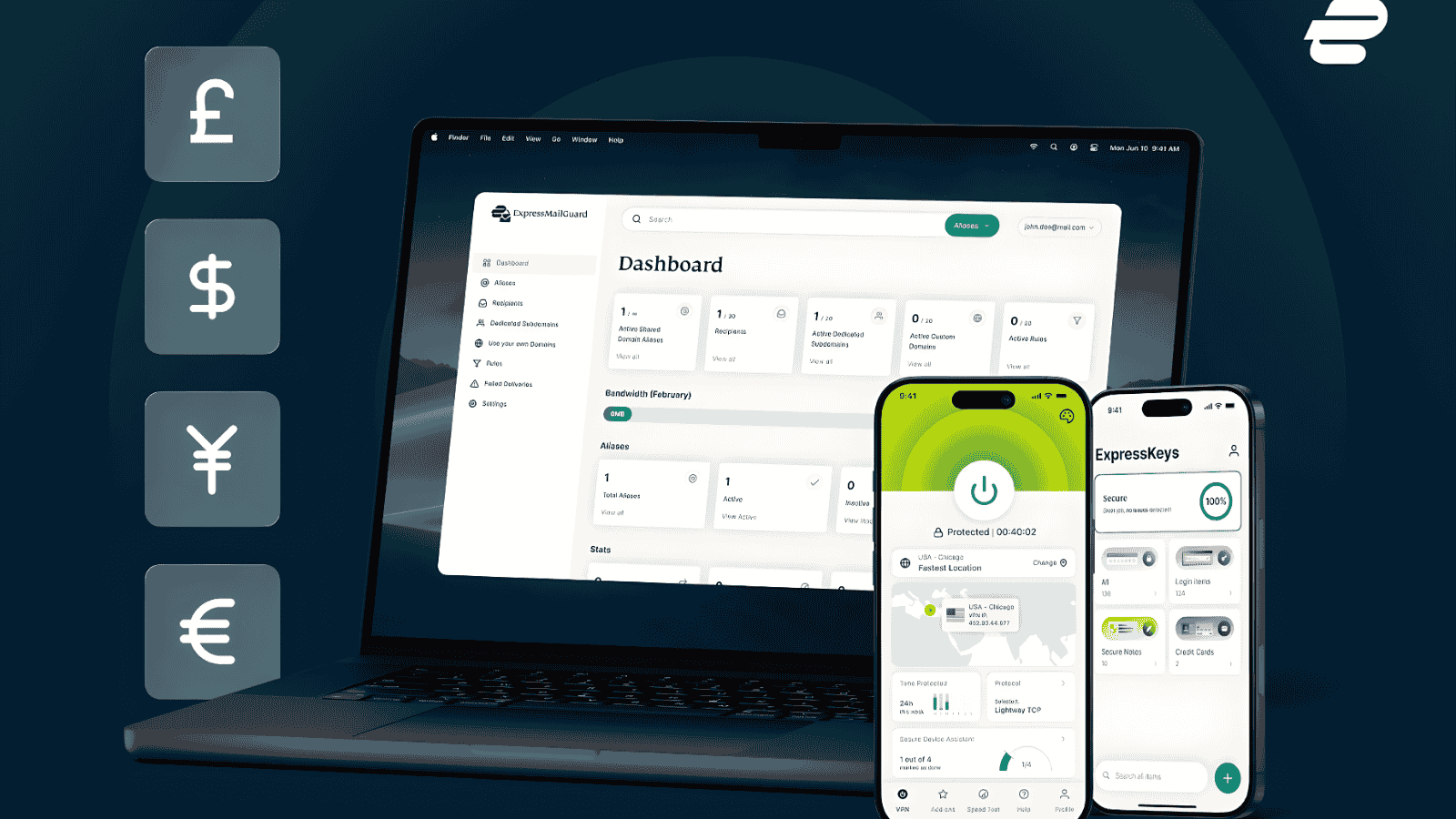
Turkey Introduces New eSIM and VPN Limits for Travelers
- eSIM Services Blocked: With Turkey's new limits on eSIMs, major international eSIM providers no longer work if activated inside Turkey.
- VPN Access Restricted: Top VPNs like NordVPN and ProtonVPN are throttled or blocked by Turkish ISPs.
- Prepare Before Travel: Activate eSIMs and install multiple VPNs before arrival to avoid access issues.
Travelers heading to Turkey in 2025 are encountering new digital restrictions that could impact how they stay connected on the go. Recent regulatory changes have quietly gone into effect, introducing limits on international eSIM usage and VPN access, two tools commonly used by tourists to access mobile data and avoid geo-restrictions.
The changes, implemented without major public announcements, are being enforced by Turkey’s Information and Communication Technologies Authority (BTK) under the decision (E‑98966759‑450.08‑36681). Earlier in 2025, Turkey even imposed bans on social media channels. These new rules could complicate travel for tech-savvy visitors who rely on global eSIM providers and VPNs.
eSIM Services Limited by Turkey
One of the biggest changes is the blocking of international eSIM services. Popular platforms like Airalo, Holafly, Nomad, and Instabridge, which many travelers use to set up mobile data before or upon arrival, are no longer working within Turkey.
How It Worked Before
Travelers previously could land in Turkey, scan a QR code from one of these services, and get instant access to mobile data without visiting a local store.
What’s Changed Now
As of July 2025:
- These services are now blocked or inaccessible from within Turkey.
- New eSIM installations from blocked providers cannot be downloaded while in the country.
What Still Works
If your international eSIM is activated before you arrive, it should continue to work normally during your visit. But if it’s lost, or you need a new data plan after entering Turkey, you’ll face limitations unless you:
- Use the best VPN for Turkey (which may or may not work reliably), or
- Connect to a Wi-Fi network to try downloading a new eSIM profile.
VPN Services Are Also Being Throttled or Blocked
VPNs are commonly used to access blocked apps or websites and maintain privacy while traveling. While VPN usage is still legal in Turkey, the practical experience has changed significantly in recent months.
VPN Issues Travelers Are Facing
- Major VPNs like NordVPN, Surfshark, and ProtonVPN are reportedly being blocked or throttled by major Turkish internet providers such as Türk Telekom and Turkcell Superonline.
- Connectivity issues are especially noticeable during political unrest or censorship periods, such as the temporary social media bans imposed after the arrest of Istanbul’s mayor in March 2025.
Social Media and VPNs
During politically sensitive times, access to platforms like X (formerly Twitter), Instagram, YouTube, and TikTok may be restricted. VPNs have typically offered a workaround, but even those can become unstable under these conditions.
Some VPNs offer obfuscation, kill switch, split tunnel, double VPN, or Onion over VPN, which disguise VPN traffic to look like normal internet activity. These tools may help you bypass restrictions, but they’re not foolproof.
Tips for Travelers Facing Turkey’s Digital Restrictions
If you’re planning a trip to Turkey, it’s important to prepare ahead of time to minimize disruptions. Here are some practical steps:
1. Activate Your eSIM Before Arrival
Set up and test your eSIM outside of Turkey before your trip. Once in Turkey, downloading new eSIM profiles will likely be blocked unless you're using a workaround (like a VPN or public Wi-Fi).
2. Pre-Install Multiple VPN Apps
Install more than one VPN service on your devices before arriving. Additionally, look for VPNs with obfuscation or stealth server capabilities.
3. Download Offline Content
It’s a good idea to download and save critical documents and information to your phone or laptop before you travel. This includes hotel reservations, maps, tickets, and important contacts. Doing this ensures you’ll have access to essential information even if your internet connection becomes unreliable or completely unavailable due to restrictions or VPN failures.
4. Consider Buying a Local SIM
For reliable local connectivity, consider purchasing a physical SIM card or a local eSIM from Turkey’s main telecom providers: Turkcell, Vodafone Türkiye, or Türk Telekom. These can be bought at the airport or in retail stores throughout the country. Keep in mind that you’ll need to register the SIM using your passport, which is a standard procedure to activate mobile service. Using a local SIM often offers better network coverage and data rates compared to international roaming or some eSIM providers.
Turkey remains a vibrant and fascinating destination, but its new digital barriers are something travelers shouldn’t overlook. By planning ahead, you can still enjoy reliable connectivity and a smooth experience.
Turkey's limitations on eSIMs reflect a broader global trend where digital travel tools face increasing regulation. Whether you’re headed for the beaches of Antalya or the bazaars of Istanbul, a bit of digital preparation can go a long way.
Stay informed, stay flexible, and you’ll still be able to enjoy everything Turkey has to offer, just with a little more caution and a few extra clicks.










